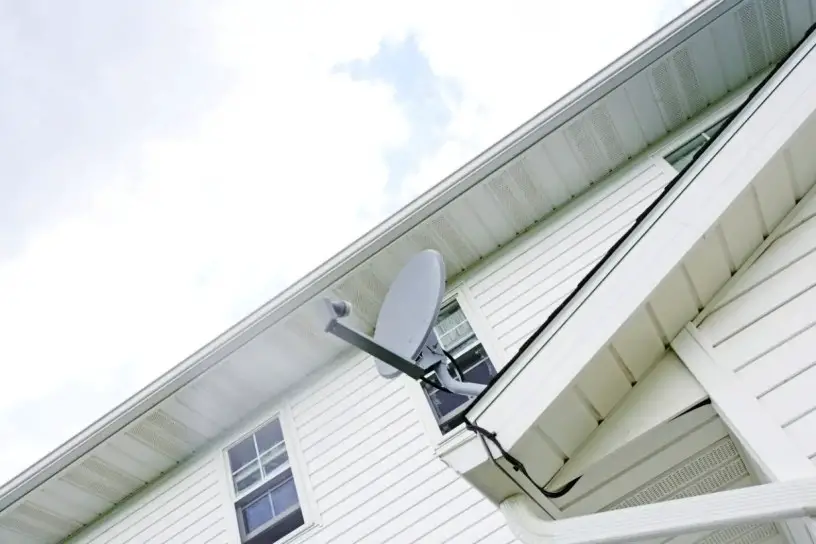Q. AT&T TV doesn’t require a contract to subscribe anymore. So has DIRECTV changed, too? I would consider getting it if I didn’t have to do the two-year agreement to get the Sunday Ticket. So is AT&T doing away with the contracts for all their TV services? — Peter, New Haven, Connecticut.
Peter, you’re right. AT&T TV, the telco’s new Internet-based TV service, no longer requires a two-year contract, or any contract, to subscribe. The change came last month when AT&T announced it was merging AT&T TV Now with AT&T TV. You can still do a two-year contract with AT&T TV to get a lower monthly price, but it’s no longer a subscription requirement.
AT&T realizes that the two-year contract, which comes with a penalty if you cancel early, is a major obstacle to generating new subscribers. The company is heavily promoting the new ‘no annual contract’ policy at the AT&T TV site.
See Amazon’s best-selling electronics!
So if no contracts are good for AT&T TV, what about DIRECTV, which has lost more than six million subscribers since AT&T purchased it in 2015? Wouldn’t the elimination of the contract help the satcaster turn things around?
Possibly. But at this point, we can’t say for sure because AT&T is still requiring new DIRECTV subscribers to sign the 24-month commitment.
Why?
There is a difference between AT&T TV and DIRECTV. The former is competing in the live streaming category with services such as Sling TV, YouTube TV, Hulu Live and Fubo TV. They all do not require contracts. For AT&T TV to succeed, it has no choice but to follow suit. Consumers who have dropped cable and satellite for streaming will accept nothing less.
But DIRECTV is competing with long-time pay TV operators such as Dish and Comcast, which do require contracts. Consumers in this category are more inclined to accept that, particularly since the cable and satellite services offer incentives to sign the two-year agreements such as free NFL Sunday Ticket and HBO Max (DIRECTV) and/or lower prices (DIRECTV, Dish and Comcast).
Consequently, DIRECTV is in a better position to require contracts than its sister TV service, AT&T TV.
AT&T would like to maintain the contract policy for DIRECTV. Like other companies, both in and outside the TV business, it uses two-year agreements to keep customers from service-hopping. Without them, DIRECTV’s subscribers might switch to Dish or their local cable provider every time something bad happens, such as a channel blackout during a programmer fee fight or an increase in one’s bill. But knowing they would have to pay that termination penalty, they don’t unsubscribe every time something bad happens.
Peter, hope that makes sense. Happy viewing, and stay safe!
See Amazon’s best-selling electronics!
Have a question about new TV technologies? Send it to The TV Answer Man at swann@tvpredictions.com. Please include your first name and hometown in your message.
— Phillip Swann
@swanniontv


Directv could be much more competitive with their contracts! Dish requires a two year contract but does not raise your rates at the end of the first year. Directv, however, has a substantial rate increase at the end of the first year. It could possibly be a marketing bonanza if the second year rates stayed the same. Plus, customers would still be locked in via the early termination fee…
Not to mention that it costs lots of money to do a satellite installation compared to almost nothing to install ATT TV. DirecTV needs a two-year contract to recover its installation expenses.